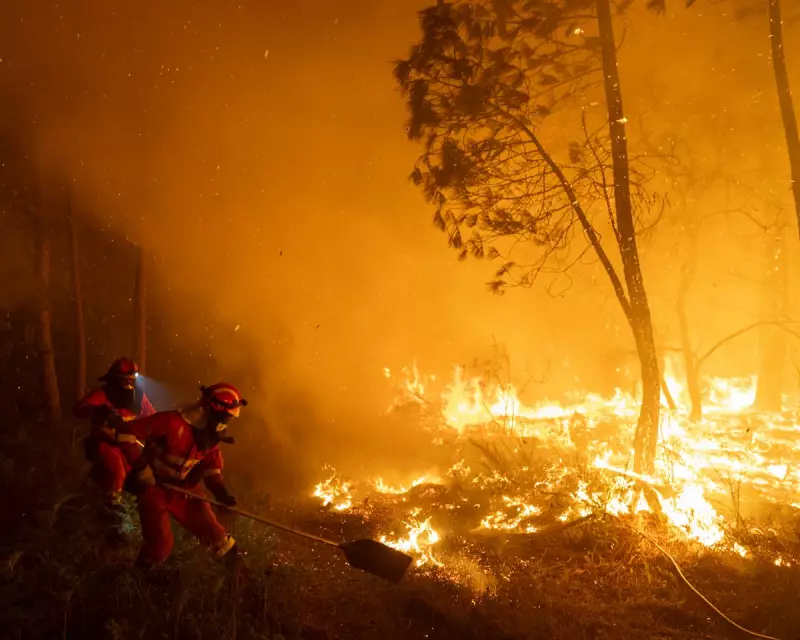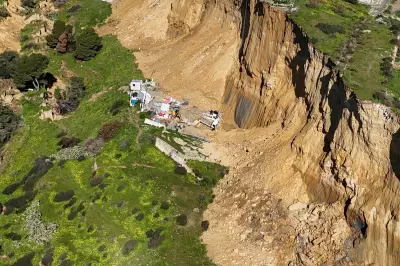
A startling new scientific study has delivered a grim warning: the health threat from wildfire smoke is far more severe than experts had ever estimated. The research, a comprehensive analysis of previous studies, concludes that wildfire smoke is notably more toxic to human cells than particulate pollution from other sources.
An Underestimated and Evolving Threat
For years, public health bodies have treated tiny particulate matter, known as PM2.5, as equally dangerous regardless of its source. This has meant that air quality warnings during wildfire events were based on models designed for urban pollution from vehicles and industry.
This groundbreaking research, published in the journal Science, shatters that assumption. It suggests that the unique chemical cocktail created when forests and urban materials burn creates particles that are significantly more harmful.
Why Wildfire Smoke is in a League of Its Own
The increased toxicity is linked to several key factors:
- Chemical Composition: Wildfire smoke contains a different blend of organic compounds and metals compared to standard urban pollution.
- Oxidative Stress: Laboratory tests on human cells showed wildfire PM2.5 caused much higher levels of oxidative stress, a key mechanism behind inflammation and chronic disease.
- The 'Green' Fuel Myth Upended: Contrary to expectations, smoke from burning biomass like trees was found to be more toxic than smoke from burning plastics, highlighting the complex and dangerous chemistry of wildfires.
Implications for Public Health and Policy
This revelation has profound consequences. Co-author Dr. Kristina Wagstrom of Trinity College Dublin stated the findings "could change how we prepare for wildfire season" and manage public health responses.
Current air quality guidelines and the metrics used by apps and weather services may now be critically underestimating the real-time danger during smoke events. The research calls into question the very tools the public relies on to make safety decisions.
A Problem Set to Worsen
This research arrives at a critical juncture. Climate change is fuelling larger, more intense, and more frequent wildfires across the globe, from North America and Australia to Europe. Communities previously unaffected by prolonged smoke events are now experiencing them, often unprepared for the hidden health risks.
The study serves as a urgent call to action for governments and health organisations to refine risk models, update public advisories, and invest in further research to fully understand the long-term health impacts of prolonged exposure to this heightened toxic threat.





